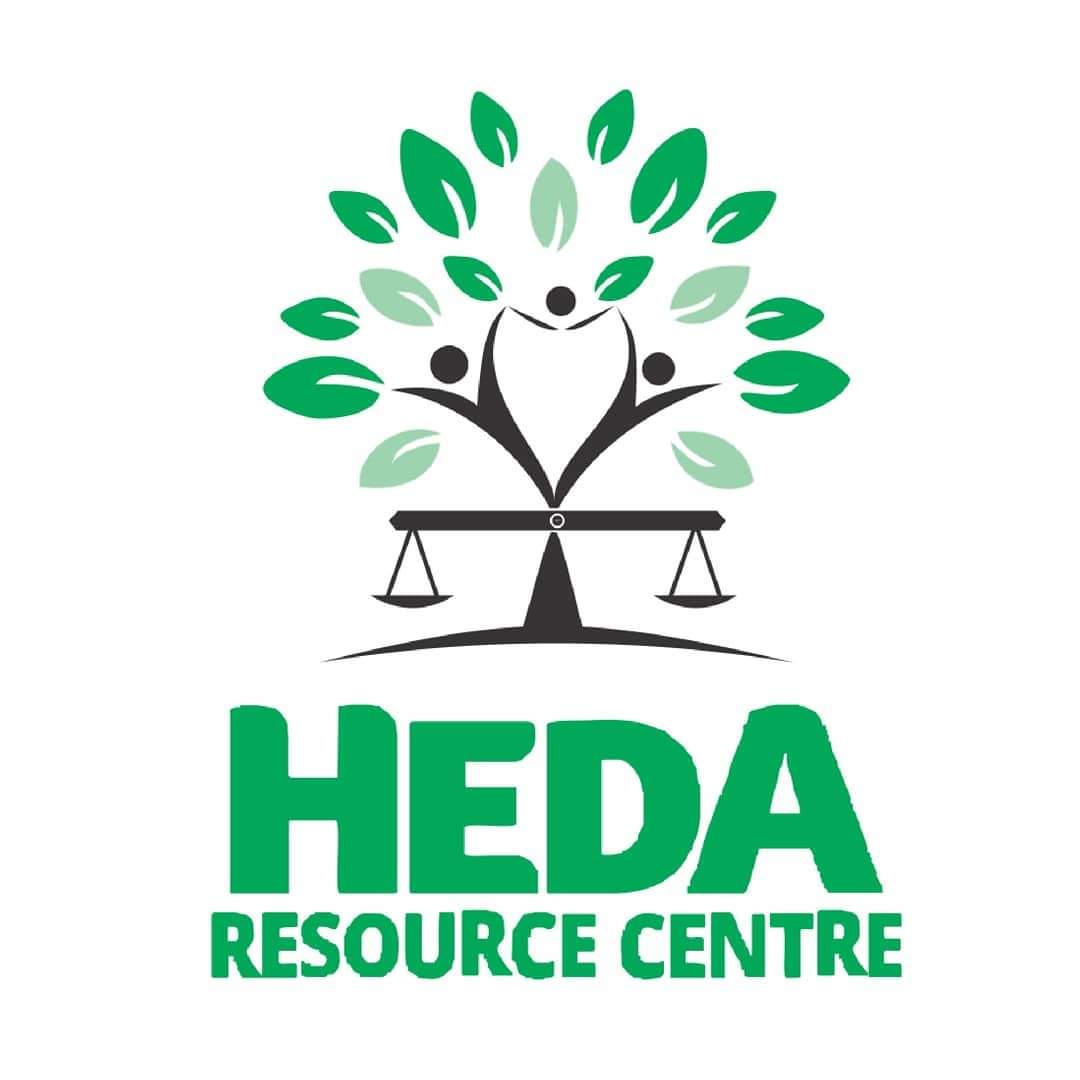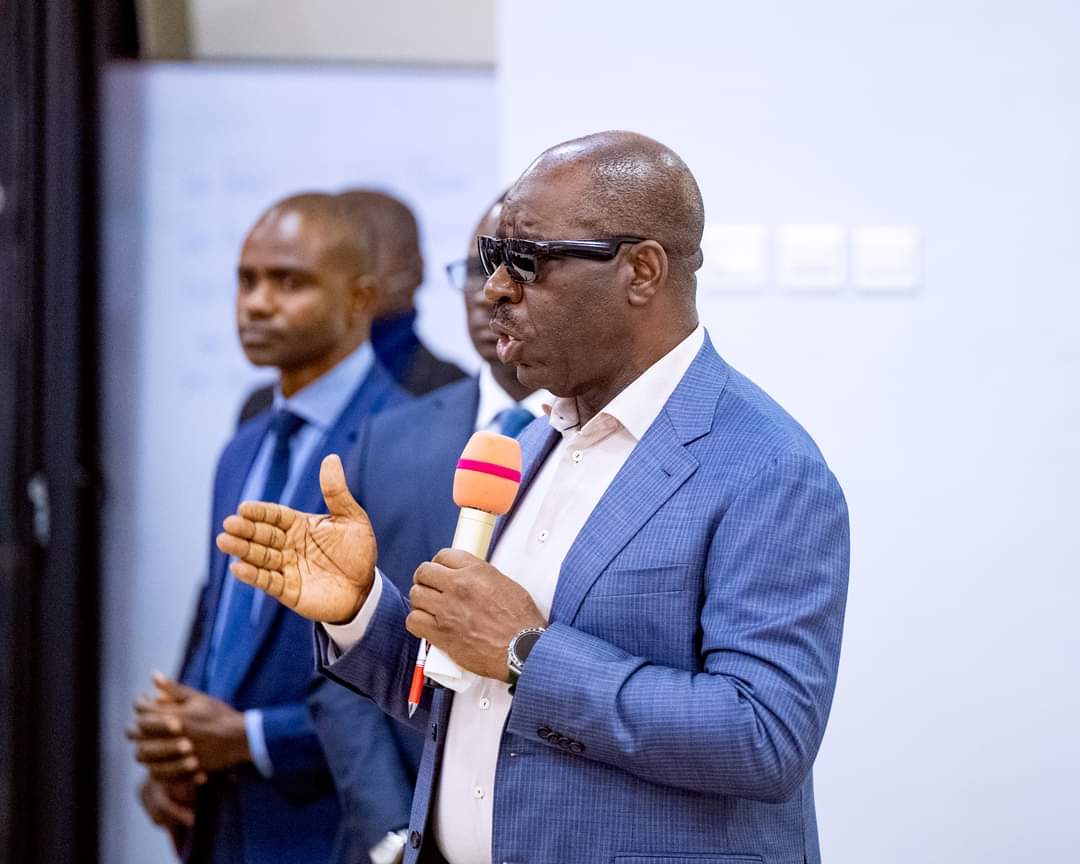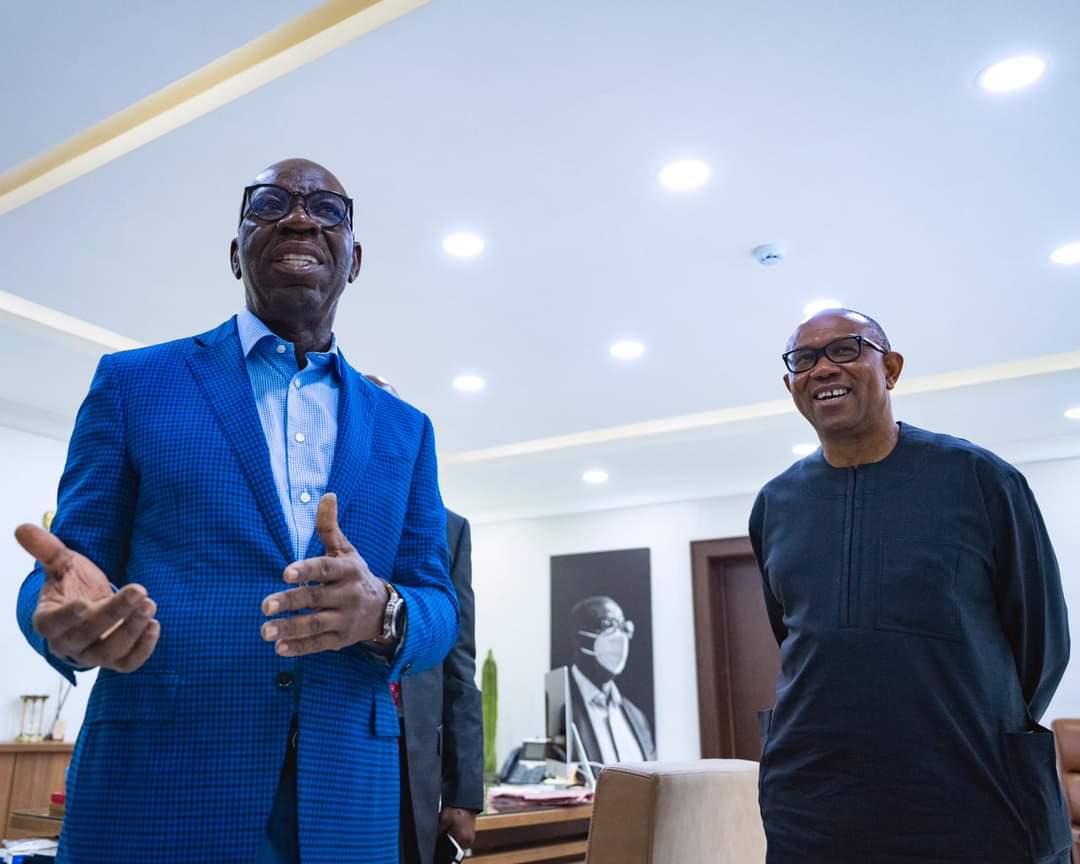The Federal Government can safe over $200billion yearly by blocking loopholes in oil revenue, Nigeria’s leading anti-corruption group said. To achieve this measure, the country needs to work with all stakeholders including security, media, community based organisations and anti-graft groups in order to bring back Nigeria from the brink of economic downturn.
HEDA Organizes Protest to Demand Action of Anti Corruption Agencies on Uninvestigated Corruption Cases at EFCC and ICPC Offices
Making the recommendations after a weeklong international conference on anti-corruption held in Abuja, the Human and Environmental Development Agenda, (HEDA Resource Centre) said the funds recovered through stringent anti-corruption measures in the oil and gas sector will help Nigeria regain her floundering economic fortunes. The conference with the theme Nigeria and the Fight Against Corruption-Reviewing the Buhari Regime and Setting Agenda for the Tinubu Administration ended in Abuja at the weekend.
‘Nigeria is at a critical moment. People are passing through very difficult times. With a debt profile of N77trillion, an extremely poor debt service ratio, the country is in a quagmire. The surest way to recovery is to decisively fight corruption. Recovery of stolen funds and an end to graft in the oil sector will see Nigeria witness upsurge in revenue to meet the needs of Nigerians who are at the end of the stick’, HEDA said in one of its recommendations to the new government.
The group said corruption is linked with poverty, violence and all sorts of extremism adding that sustained culture of corruption remains a threat to democracy. For close to two decades, HEDA has led a fierce campaign for accountability and transparency across all sectors in Nigeria to the admiration of many institutions and peoples across the world.
Key participants at the conference including human rights lawyer, Mr Femi Falana (SAN), had drawn the attention of the Nigerian authorities to the fact that billions of dollars are lost to various rogue cartels in the oil and gas industry.
Falana said some $62billion were outstanding royalties which the oil companies have failed to pay to the government in the last 18 years. HEDA said it regretted that out of some 36 oil terminals in Nigeria, only 16 are metered making it difficult to monitor oil and gas production and distribution at local and international markets.
Speaking at the conference in Abuja, Chief Executive Officer, (CEO) Nigerian Upstream Petroleum Regulatory Commission, Mr Gbenga Komolafe said the country has acquired a new technology that would effectively monitor oil production, distribution and exportation making it difficult to steal the country’s main revenue source.
He said the Federal Government is now at a vantage position to prevent theft of oil and gas now better prepared to put the country on the path to full economic recovery. He said the acquisition of the anti-theft equipment was the first in the country’s history.











